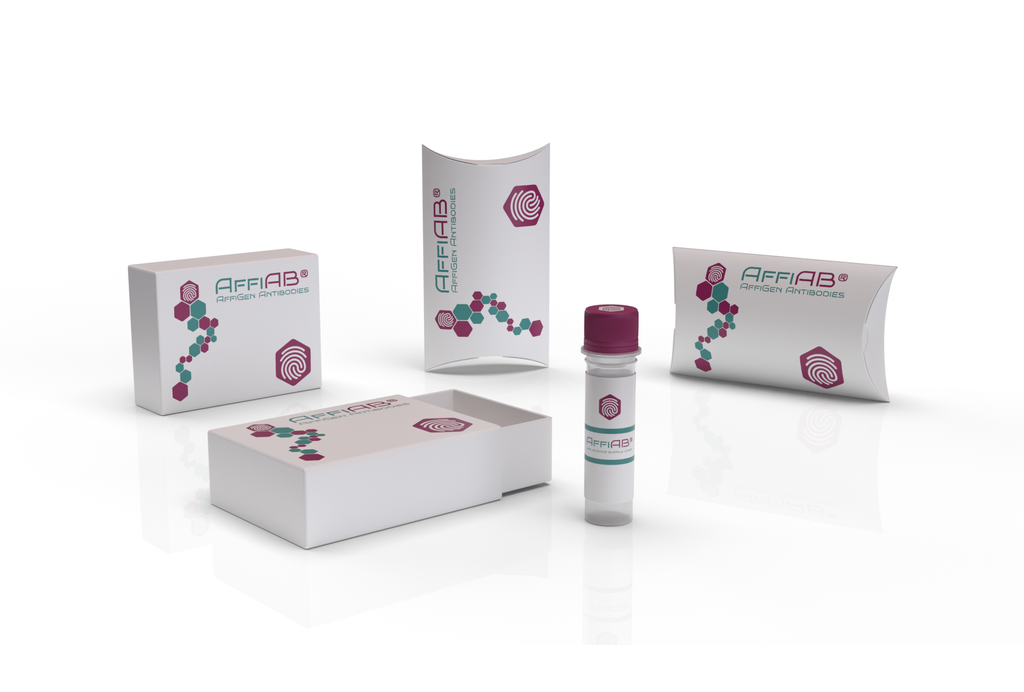AffiAB® Anti-TMED5 Antibody
Potential role in vesicular protein trafficking, mainly in the early secretory pathway. Required for the maintenance of the Golgi apparatus; involved in protein exchange between Golgi stacks during assembly. Probably not required for COPI-vesicle-mediated retrograde transport. TMED5 is a part of the p24 protein family whose general functions are protein trafficking for the secretory pathway. TMED5 is thought to be necessary in the formation of the Golgi into a ribbon. Glycosylphosphatidylinositol-anchored proteins (GPI-AP) depend on p24 cargo receptors for transport from the ER to the Golgi. Knockdown of p24γ2 (a mouse ortholog of TMED5) in mice resulted in impaired transport of GPI-AP. The study concluded that the α-helical region of p24γ2 binds GPI which is necessary to incorporate it into COPII transport vesicles. TMED5 is reported to be necessary for the secretion of Wnt ligands. TMED5 has been found to interact with WNT7B, activating the canonical WNT-CTNNB1/β-catenin signaling pathway. This pathway is linked to numerous cancers because upregulation of the Wnt/β-catenin signaling pathway leads to cytosolic accumulation of β-catenin, promoting cellular proliferation.
Antibody type
Rabbit polyclonal Antibody
Uniprot ID
SwissProt: Q9Y3A6 Human; SwissProt: Q9CXE7 Mouse; SwissProt: Q6AXN3 Rat
Recombinant
NO
Conjugation
Non-conjugated
Host
Rabbit
Isotype
IgG
Clone
N/A
KO/KD
N/A
Species reactivity
Human, Mouse, Rat
Tested applications
WB, IHC-P
Predicted species reactivity
N/A
Immunogen
Recombinant protein within Human TMED5 aa 1-200 / 229.
Storage
Store at +4°C after thawing. Aliquot store at -20°C. Avoid repeated freeze / thaw cycles.
Form
Liquid
Storage buffer
PBS (pH7.4) , 0.1% BSA, 40% Glycerol. Preservative: 0.05% Sodium Azide.
Concentration
1 mg/mL.
Purity
Immunogen affinity purified.
Signal pathway
N/A
Recommended dilutions
WB: 1:500
; IHC-P: 1:600-1:5, 000
Molecular Weight
Predicted band size: 26 kDa
Subcellular location
Cis-Golgi network membrane, endoplasmic reticulum membrane, endoplasmic reticulum-Golgi intermediate compartment membrane.
Positive control
Rat liver tissue lysate, A431 cell lysate, Jurkat cell lysate, Hela cell lysate, SiHa cell lysate, rat bladder tissue, mouse large intestine tissue.
